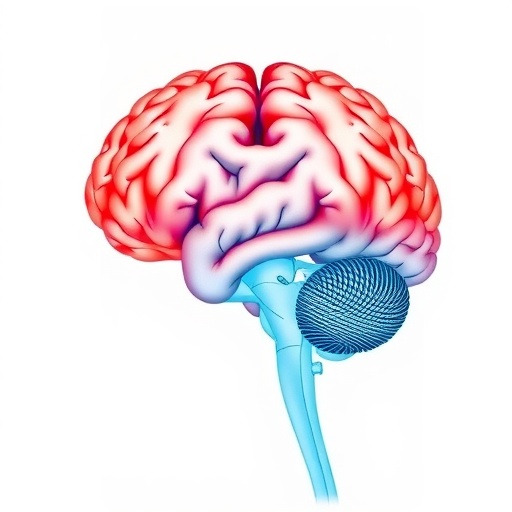
view more
Credit: Timi Keszthelyi, Pexels (CC0,
A new study has identified over 240 scientific publications on animal models of hemorrhagic stroke that contain potentially problematic images, thereby raising concerns about the trustworthiness of the body of literature this field. The findings come from a team led by René Aquarius and Kim Wever at Radboud university medical center in the Netherlands, and are published October 30th in the open-access journal PLOS Biology.
Researchers often use images in their publications to provide evidence of whether a treatment works, for example, by showing the presence or absence of specific proteins or cells or changes in brain tissue. But the researchers found many instances of image duplication within publications, as well as across different publications, even when authors claimed the images came from separate experiments with different experimental conditions. This kind of duplication can cast doubt on the validity of the study’s conclusions and its scientific integrity.
Originally, the team set out to systematically review animal studies on early brain injury following hemorrhagic stroke to find promising treatments suitable for clinical testing. But after noticing suspicious images in some papers in mid-2023, they set out to perform a systematic investigation of image-related problems in all 608 potentially relevant publications. The researchers uncovered that 243 papers (40%) were found to be problematic, most often for containing problematic images.
These findings raise concerns about the overall trustworthiness of animal-based research in this field. The authors stress the need for journals and publishers to investigate these issues carefully and take corrective editorial action where necessary. The scientific record needs to be as error-free as possible in order for scientists, clinicians and policymakers to make well-informed, evidence-based decisions that benefit patients’ health.
The authors add, “We found a high prevalence (40%) of papers with image-related issues among preclinical literature on early brain injury after hemorrhagic stroke.
“These findings shocked us to our core and might explain why, in spite of hundreds of animal studies published in this field, we still do not have any effective treatments for early brain injury in hemorrhagic stroke patients.
“During the summer break of 2023 we were texting each other figures from papers to collectively find image overlaps. Every time a new message came in, we knew somebody had found yet another inappropriate image overlap. It was at this moment that we knew that we had a serious problem on our hands that we needed to investigate in a systematic way.”
In your coverage, please use this URL to provide access to the freely available paper in PLOS Biology:
Citation: Aquarius R, van de Voort M, Boogaarts HD, Reesink PM, Wever KE (2025) High prevalence of articles with image-related problems in animal studies of subarachnoid hemorrhage and low rates of correction by publishers. PLoS Biol 23(10): e3003438.
Author countries: The Netherlands
Funding: see manuscript
Journal
PLOS Biology
Method of Research
Systematic review
Subject of Research
Not applicable
COI Statement
Competing interests: see manuscript
Claire Turner
PLOS
biologypress@plos.org
Journal
PLOS Biology
Method of Research
Systematic review
Subject of Research
Not applicable
COI Statement
Competing interests: see manuscript
bu içeriği en az 2000 kelime olacak şekilde ve alt başlıklar ve madde içermiyecek şekilde ünlü bir science magazine için İngilizce olarak yeniden yaz. Teknik açıklamalar içersin ve viral olacak şekilde İngilizce yaz. Haber dışında başka bir şey içermesin. Haber içerisinde en az 12 paragraf ve her bir paragrafta da en az 50 kelime olsun. Cevapta sadece haber olsun. Ayrıca haberi yazdıktan sonra içerikten yararlanarak aşağıdaki başlıkların bilgisi var ise haberin altında doldur. Eğer yoksa bilgisi ilgili kısmı yazma.:
Subject of Research:
Article Title:
News Publication Date:
Web References:
References:
Image Credits:
Keywords



